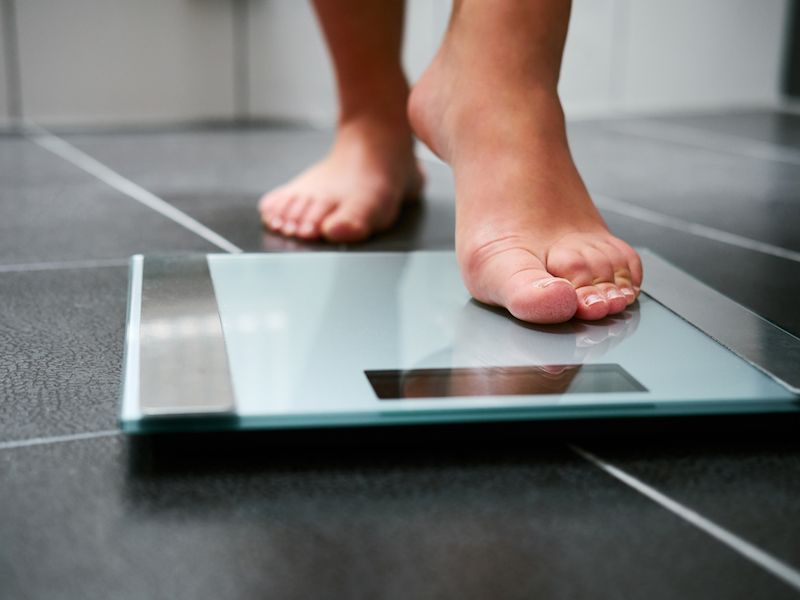
We’ve known for a long time that overeating is detrimental to our health, and in particular over time. There are a number of health conditions related to obesity. Heart disease, high cholesterol, diabetes, and you can add hearing loss to the list, also. It’s estimated that around 48 million individuals in the U . S ., loss of hearing is an obstacle for around 20% of the U.S population, and in adults it’s nearly double that number, 93 million, are obese. Throughout the country, these shocking numbers point to a significant health issue.
How Is Being Overweight Connected to Loss of Hearing?
Various studies have revealed that there’s a connection between being overweight and loss of hearing. Exactly what that link is, is still being researched, it’s assumed that obesity is related to loss of hearing because of its impact on our circulatory system. Additionally, loss of hearing is connected to high blood pressure and diabetes which are known to be connected to being overweight.
Sound in the ear is detected by tiny hairs inside the inner ear. So that they can function effectively, these little hairs, called stereocilia, need a steady flow of blood. Obesity confines the blood flow in the body because the heart must work extra hard to get the blood flowing throughout the body, which means that your inner ear is working on less-than-optimal blood flow. This could permanently damage the ears. Because all of these illnesses effect the blood flow, high blood pressure, heart disease, and diabetes affect the inner ear in the same way.
Keeping your weight in check is particularly important as you age since age-related hearing loss and high-fat mass index are also related. When you were younger, your body’s metabolism worked faster and more efficiently, which is why you should try to form good habits when you’re younger and stay to those habits as the years go by.
Good nutrition and exercise are excellent for your over-all health and your ears.
Obesity Related Hearing Loss Treatment Options
It’s feasible that you might not be able to recover your lost hearing if it’s triggered by obesity, still, so that you can find out how significant your loss of hearing is, it’s necessary to have your hearing checked out. If the damage is permanent, you may need a hearing aid or other device to start hearing correctly again.
If the damage is not that serious, you might have considered trying to consult your physician about initiating a diet and exercise routine to decrease the effect your weight has on your health before it gets any worse. Your doctor should prescribe a cardio intensive exercise routine that will enhance your general health and get your blood pumping. You will most likely find that other aspects of your life also get better, mental health, for example, since consistent exercise will lessen depression according to a lot of research.
How Can You Stop Obesity-Related Hearing Loss
In order to prevent obesity-related loss of hearing regular exercise and a nutritious diet are extremely important. staying healthy can also help keep your ears in good condition. One way to get started is a consultation with a nutritionist who can help develop a program that’s customized for you and is centered on helping you reach your goals. The role of the nutritionist is to make sure you’re consuming the ideal blend of nutrients in nutritious foods, including foods that are high in iron, because of course, a lack of iron in your diet can worsen your hearing loss and lead to tinnitus.
Learn more regarding hearing loss and how you can hear better with the appropriate treatment.